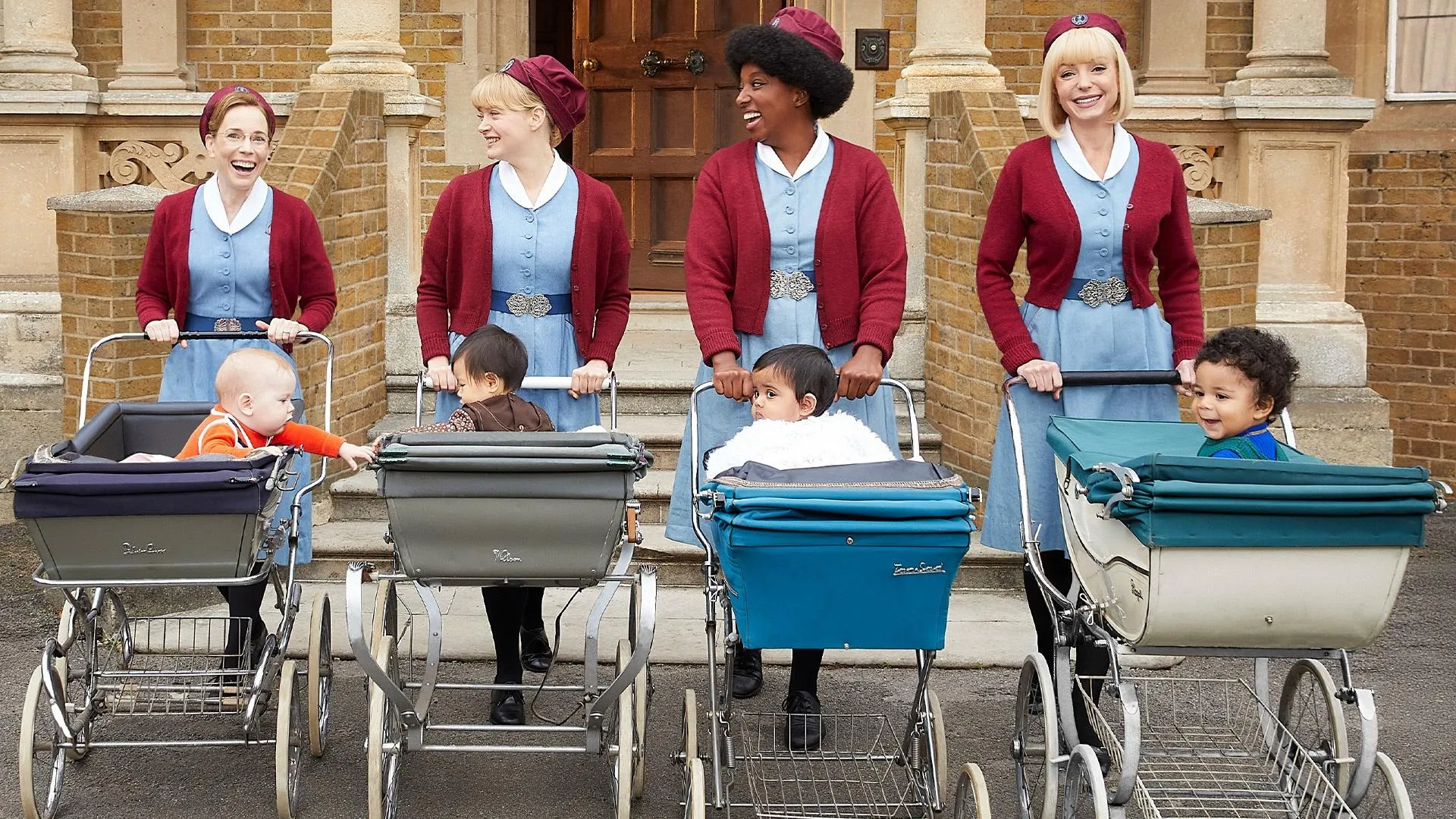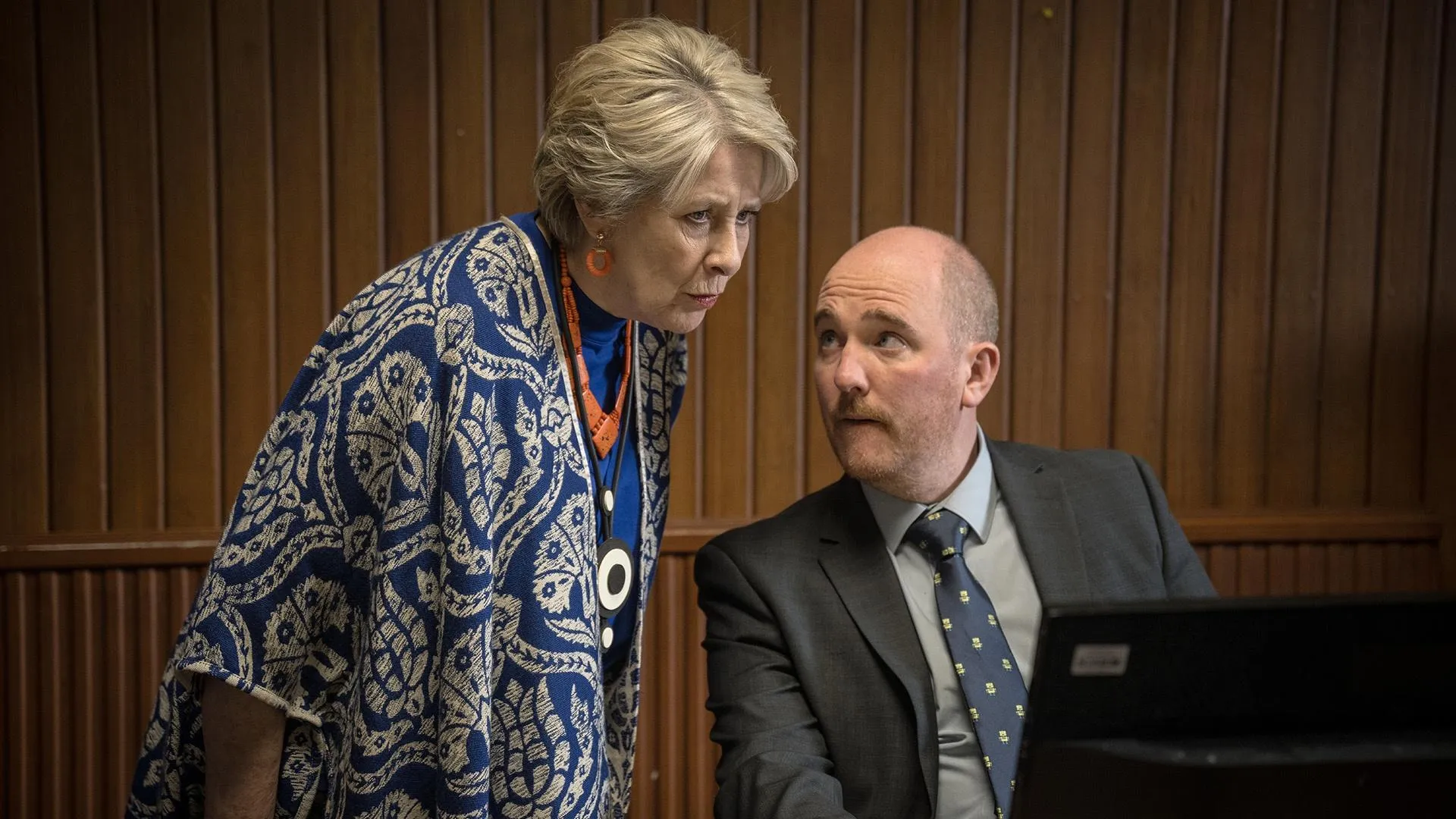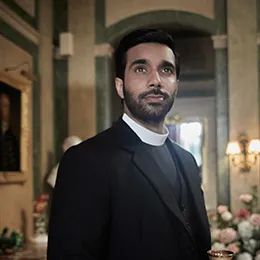

Sacred Sleuths: Clergy as Amateur Detectives in Fiction
Rev. Sidney Chambers from The Grantchester Mysteries novels isn’t the only cleric who dabbles in criminal investigations. There are a number of established book series in which a religious figure features as part-time detective. We asked mystery author and scholar Martin Edwards to explain the character archetype and we offer a few titles that won’t take a leap of faith to explore.
MASTERPIECE: What makes the clergy a popular choice for amateur detective in books?
Edwards: There are a number of factors, but at the heart of it, they deal with human nature and with the evil that people do. Their deep understanding of humanity equips them to both deal with crime and be adept at investigating it.
MASTERPIECE: Does their faith in goodness allow these religious protagonists to also bring something uplifting to a mystery story?
Edwards: Yes, I think that’s generally true. W.H. Auden said that the classic detective story sees order being restored to a disrupted society—he saw it as a kind of Christian allegory, and I think that allegory works especially well for clerical mysteries.
MASTERPIECE: Do these crime hobbyists mostly wind up as characters in cozy mystery books?
Edwards: I see their sort of mystery stories more as traditional whodunnits. I don’t think crime is really a cozy subject and I don’t think clerical detectives from Father Brown to Sidney Chambers treat crime as cozy subjects. While it is certainly about getting the balance right, you still want the awareness that murder is a shocking thing.
MASTERPIECE: Do you have a favorite example of an amateur sleuth from the church?
Edwards: I’m still a great fan of Father Brown, who appeared in over 50 short stories by G.K. Chesterton [between 1910-1936]. The character was inspired by a real-life Catholic priest named Father Joseph O’Connor who Chesterton met in Yorkshire while visiting mutual friends. Chesterton was moved by this unassuming man who had a wealth of understanding of human nature, and that encounter really inspired the creation of Father Brown.
A sampling of book series featuring amateur sleuths from the clergy:
The Cadfael Chronicles by Ellis Peters
This historical mystery series features a Welsh Benedictine monk in the early 12th century. Brother Cadfael combines the curious mind of a scientist with the bravery of a Crusades veteran. “The intricate relationship between the monastery and the town it borders offers continual interest, as through it we glimpse the relationship between church and state at a moment when neither was sure of the other’s wholehearted support,” says Crime Reads. (Ellis Peters is a pseudonym used by British author Edith Mary Pargeter.)
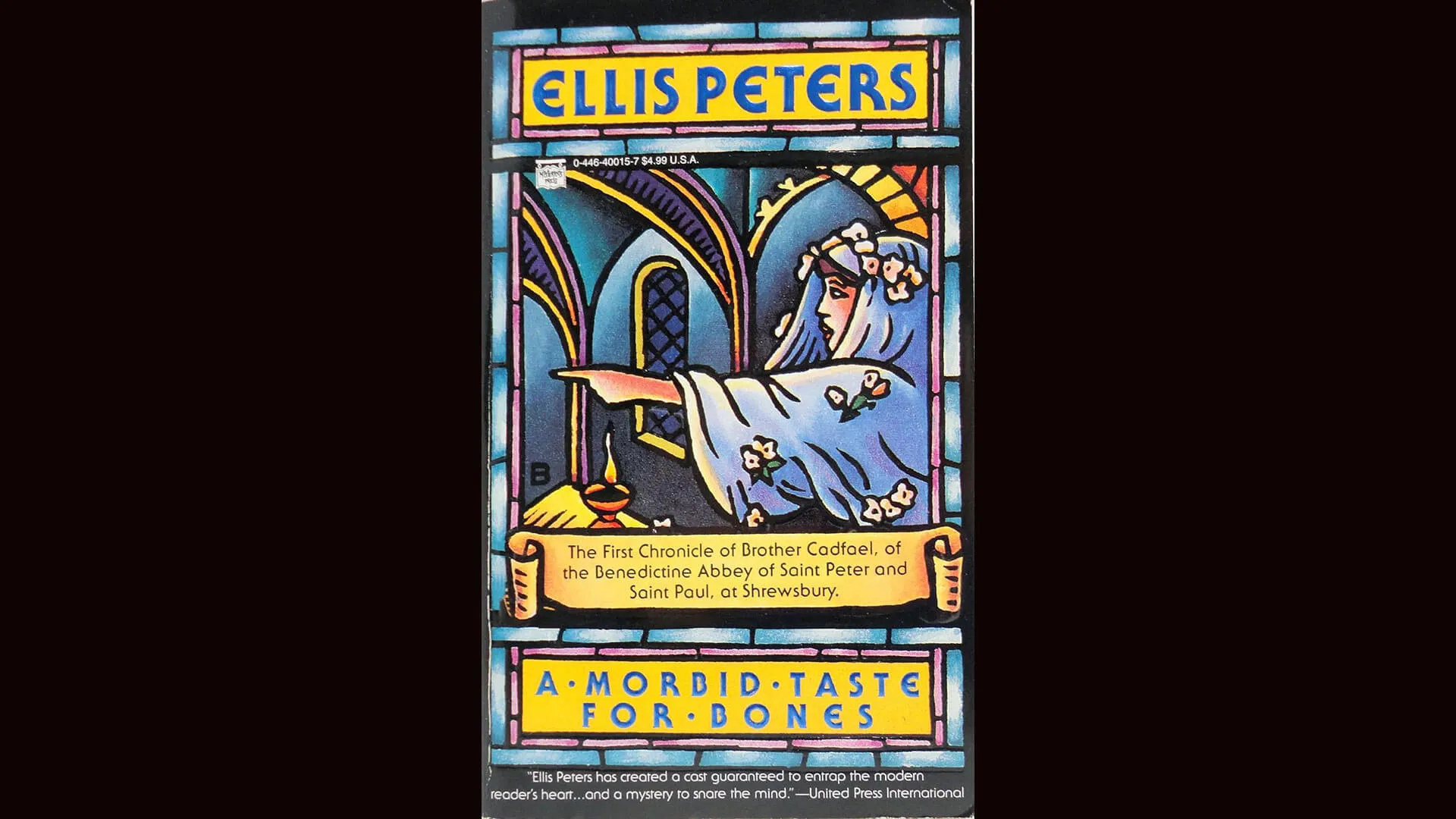
Grand Central Publishing, paperback edition, 1994 The Rabbi Small Mysteries by Henry Kemelman
Rabbi David Small is the spiritual leader of a synagogue in a town on the Massachusetts coast. The Rabbi is noteworthy for solving crimes by applying Talmudic logic. There are 11 titles in this book series, which The New York Times characterizes as “droll.” The first, Friday the Rabbi Slept Late was a bestseller, winning Kemelman the 1965 Edgar® Award for Best First Novel.
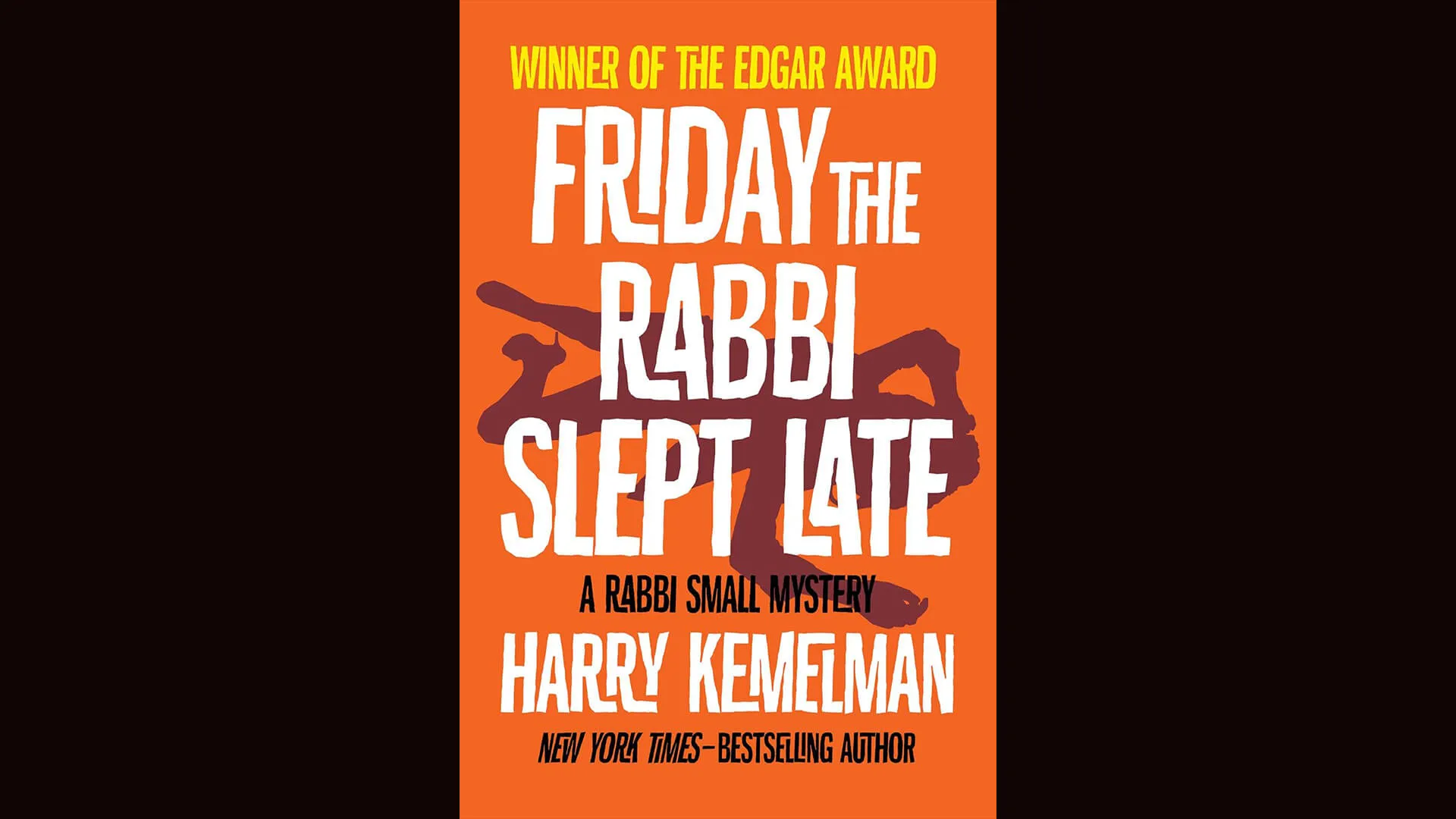
Crown Publishing, 1964 Canon Clement Mysteries by Rev. Richard Coles
There are three titles in this book series to date, in which Daniel Clement is rector of an Anglican church in the 1980s. His ministry is in a small town that “prides itself on its continuity…and there’s a strong sense of social rank,” says Readers Digest (UK). “Coles writes about all this with a winning mix of affection, amusement, and just a faint edge of exasperation.”
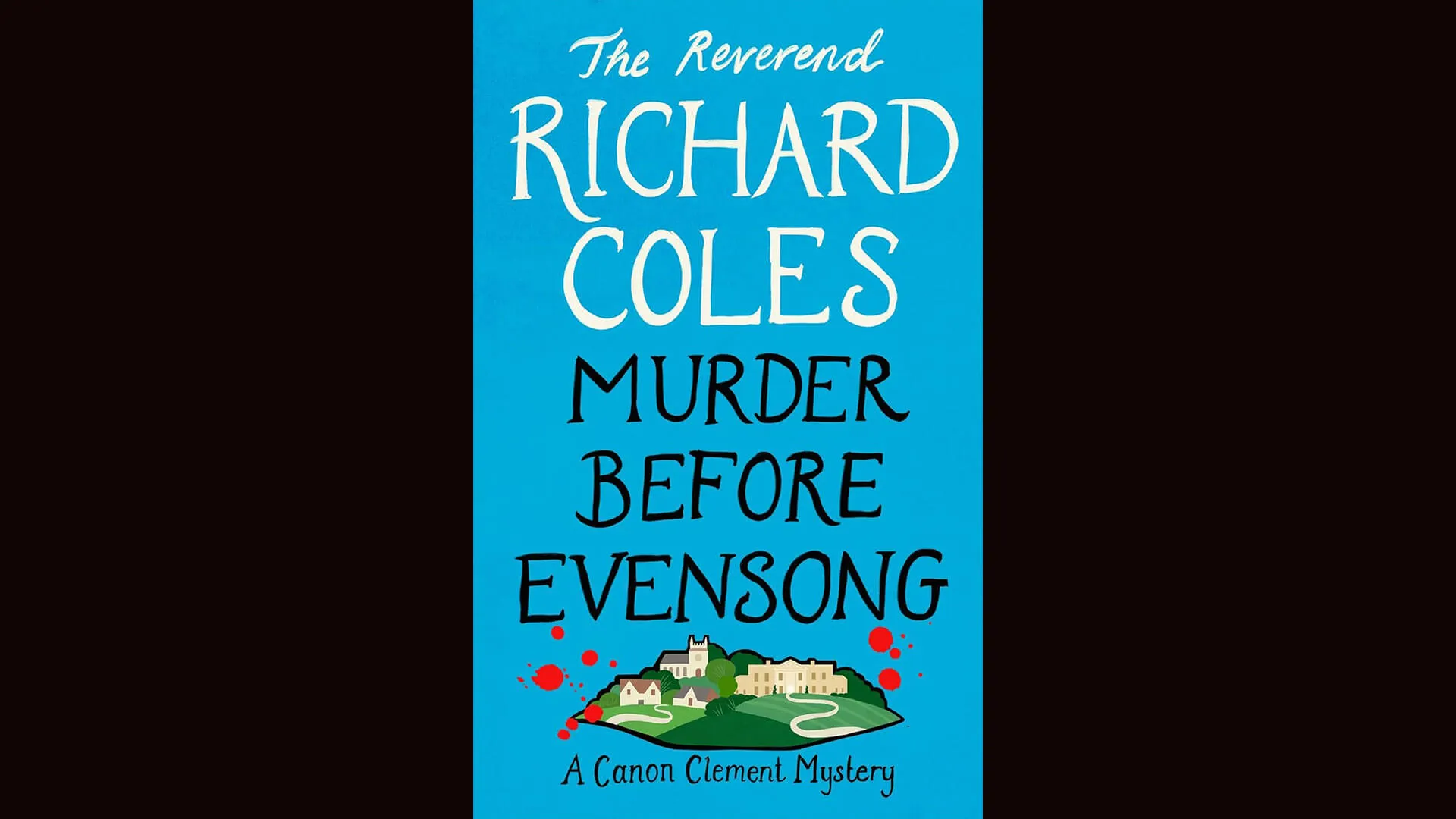
W&N, 2020 Sister Rose Callahan Mysteries by Deborah Woodworth
The protagonist in this series is an eldress in a dwindling Shaker village in depression-era Kentucky. Sister Rose often does her sleuthing with the spirited assistance of a young, orphaned girl from this supposedly nonviolent community. “It's [Woodworth’s] assiduous research into the Shaker lifestyle that makes this story an extraordinary read,” says Publishers Weekly.
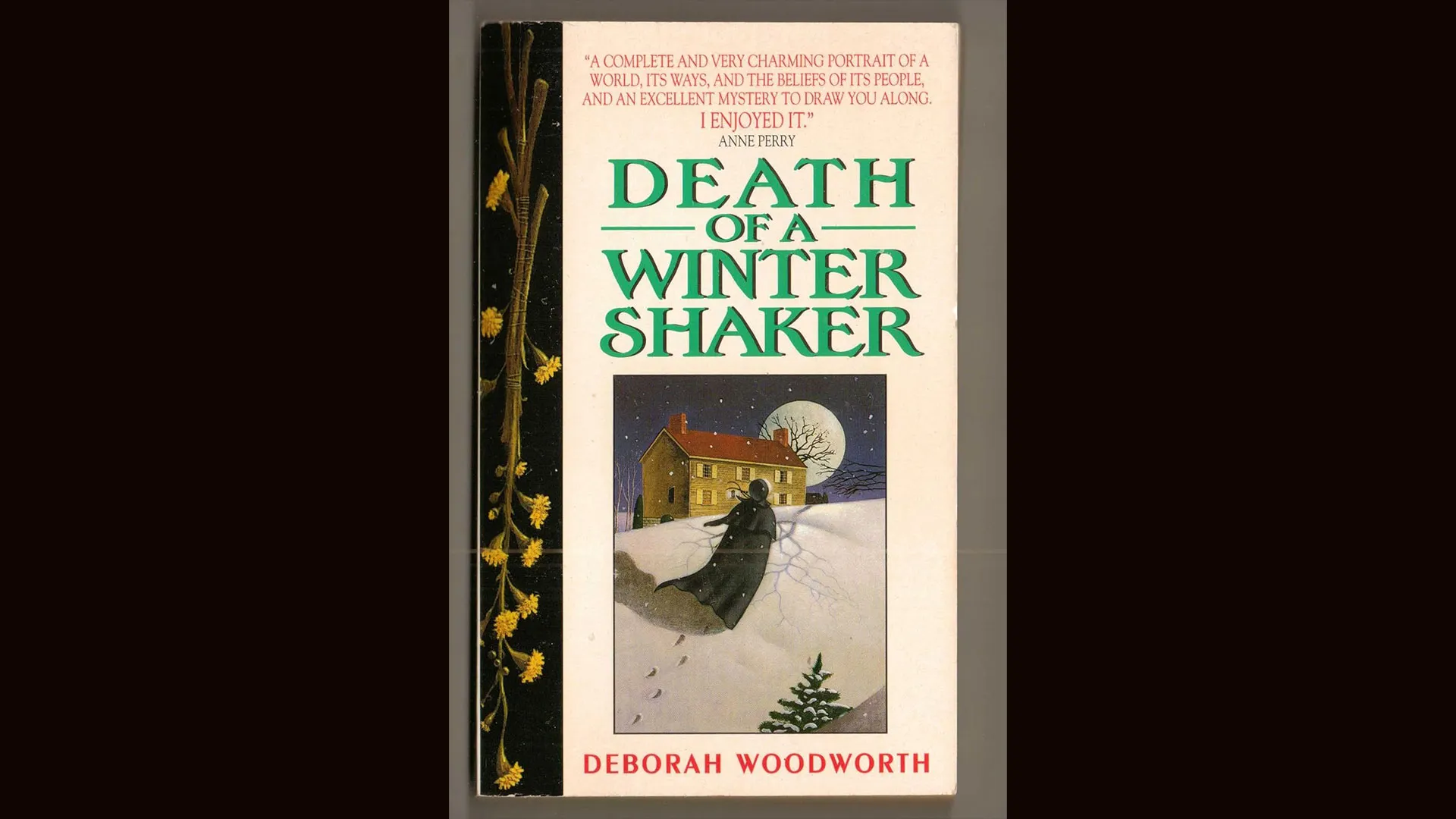
Avon; First Edition, 1997 Tenzing Norbu mysteries by Gay Hendricks and Tinker Lindsay
The PI in this series is a former Buddhist monk, but we’re sneaking it onto this list anyway. Tenzing (“Ten”) Norbu grew up in a Tibetan monastery but yearned to be a modern Sherlock Holmes. Sent to Los Angeles to teach meditation, he winds up briefly joining the LAPD and then working on his own. Each novel in the series centers on a “rule” that Ten adopts as part of the narrative. In the first title, the rule is “Don’t ignore intuitive tickles lest they reappear as sledgehammers.” Hendricks and Lindsay’s stories “creatively link Buddhist experience to the types of reasoning skills and intuition required to deal with enigmatic situations,” says Buddhist Fiction Blog.
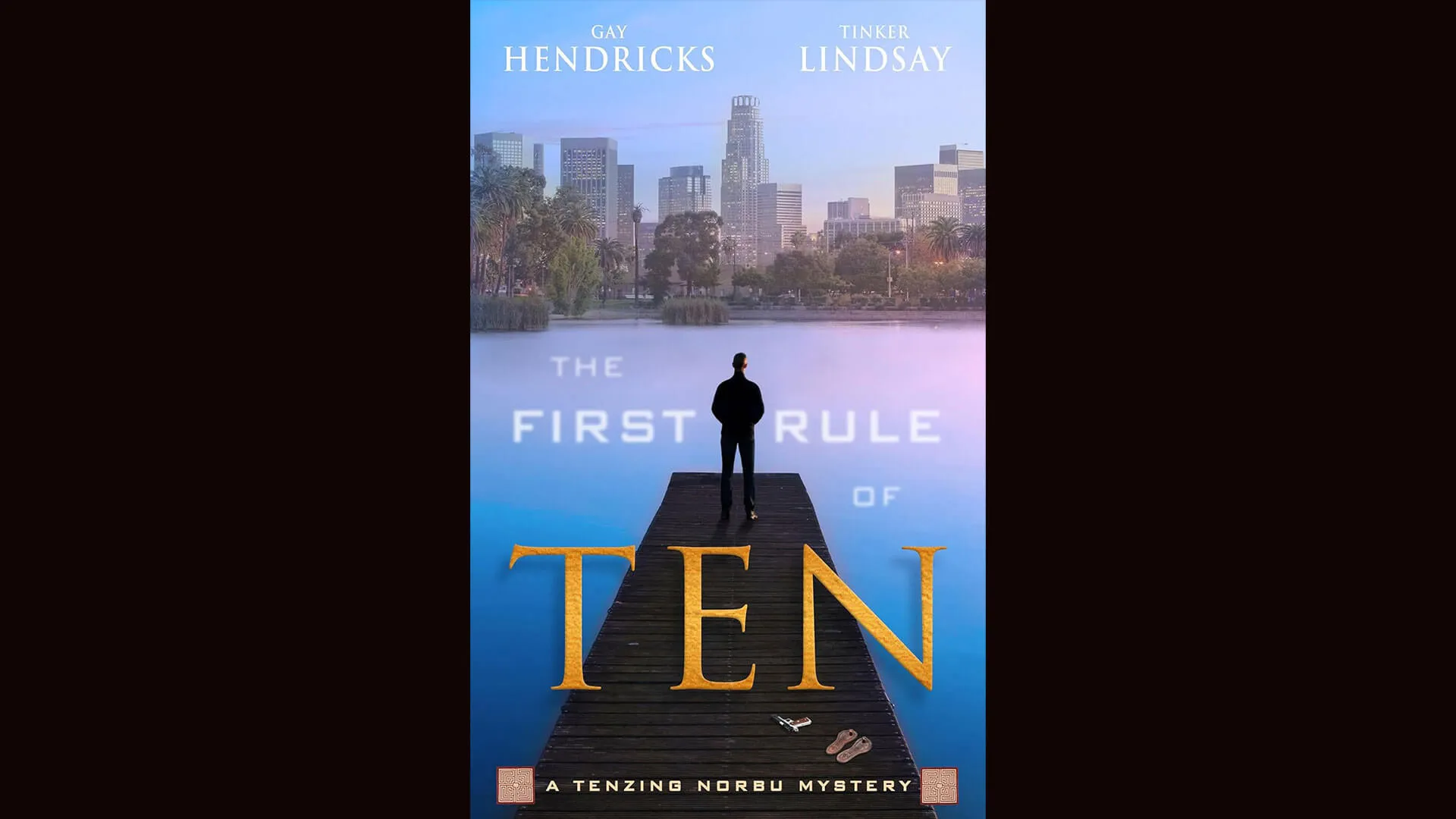
Hay House Visions, 2012
Martin Edwards is a crime novelist who has received the Crime Writers Association’s (CWA) Diamond Dagger, the highest honor in UK crime writing, as well as lifetime achievement awards for his short fiction, crime writing, and scholarship. He is President of the Detection Club, consultant to the British Library’s Crime Classics, and former chair of the CWA.
